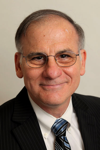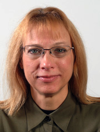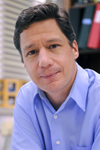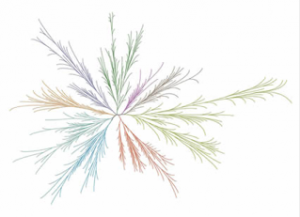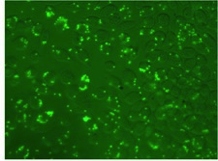Dear colleagues and students,
A reminder to students that if you did research ANYWHERE this past summer and would like to present a poster on that work as part of the student poster session following this year’s Lucian Symposium (Friday, 28 September), here are the deadlines:
Students who would like to present a poster will need to submit their abstract and title by 5 pm, Monday, 10 September. To submit your abstract, visit https://cmt3.research.microsoft.com/LUCIAN2018. If you do not yet have an account on this website (i.e., you did not submit a Lucian poster last year), click the “Registration” tab or “Create Account” link. Once registered, you will receive an activation link and can then access the “2018 Lucian Symposium” conference. To enter your research information, from the home page click the “Create new submission” link. Note: if the conference is not visible from your home page when you log in, click the “All Conferences” tab then enter “2018 Lucian Symposium” in the filter search field and click the title once it is visible.
Submit your poster print request in PPT or PDF format as soon as you are able but absolutely no later than 12 noon on Wednesday, 12 September. Submit your requests to NSCI Poster Print Request.
Each student may have one poster printed by the School of Natural Sciences each academic year. Additional poster printing should be paid for by research grant accounts as appropriate. Students should use the poster they print for all appropriate conference presentations during the 2018 – 2019 academic year. The poster template can be accessed through Box: NSCI Poster Template.
NOTE: posters submitted after 12 noon on Wednesday, 12 September will not be printed by the School of Natural Sciences. I recommend that if you need to print your poster after that date, please look for poster printing services at local area businesses (e.g., FedEx print).
We are asking students to hang their posters by 3:00 pm on Thursday, 27 September. That afternoon, the School of Natural Sciences Advisory Board will meet. Members of the board often enjoy reading through student posters. They will have time to do so after their meeting concludes around 4:30 pm that afternoon.
We ask students to take their posters down by 5 pm on Friday, 28 September.
We ask students to plan to be at their posters for some portion of the time period 1:00-3:00pm on Friday, 28 September. It is not necessary to stand at your poster for the entire period of time, but do commit to spending some portion of that period of time at your poster if at all possible.
Each year I have been at St. Edward’s as Dean of Natural Sciences, this event has been a big success, and recognized as such by our prestigious Lucian Symposium guests. We have a great opportunity to share what our students have been doing in the area of research and the successes you all are having in advancing the frontiers of science.
Remember, it is not essential that the research occurred at St. Edward’s— any REU or other university research program at which you did research this summer is eligible for a printing of one poster.
Finally – if you were a recipient of a Brother Romard research grant this past summer, the expectation is that you will print out and present a poster at this event.
If you have any questions, please contact NSCIdean@stedwards.edu.
Looking forward to another great student research poster session.
GM

